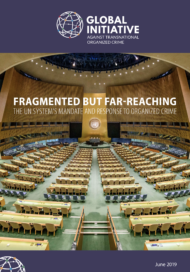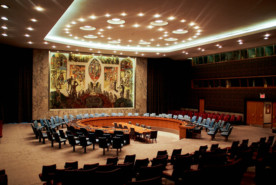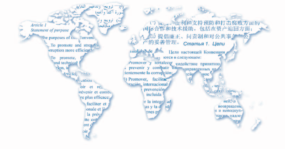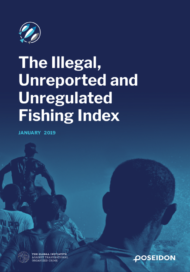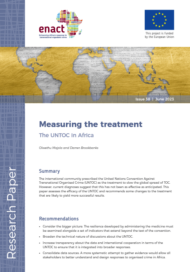Posted on 11 Jun 2019
From peace operations to how to better manage forests and food supply chains, the United Nations (UN) is engaged in the fight against organized crime and efforts to mitigate its impact within the ambit of the UN’s wider goals: peace and security, human rights and sustainable development.
Mandates relating to key crime types are often allocated to one or more agencies or departments across the UN System, but, as always, mandates evolve, and information about these mandates and the relevant programmes and activities carried out by agencies can be fragmented, scattered and duplicatory. For some emerging or resurging forms of crime, mandates allocated decades ago have required a far more comprehensive set of responses in their contemporary forms.
To better understand the UN’s overall mandate for addressing organized crime, the Global Initiative conducted a desk review of the UN’s entities and agencies to identify their mandates and working agendas for organized crime, specifically in relation to the UN’s work on six crime types that have had major impacts on broader UN goals, including the UN Sustainable Development Goals (SDGs).
This paper is a companion piece to an interactive online tool, which displays the organized-crime agendas within the UN System. The tool’s purpose is to provide a better understanding of the UN’s counter-crime work and serve as a basis for discussion about how organized crime challenges, which are now far-reaching and serious, could be more effectively met and how UN System resources can be used more coherently.
